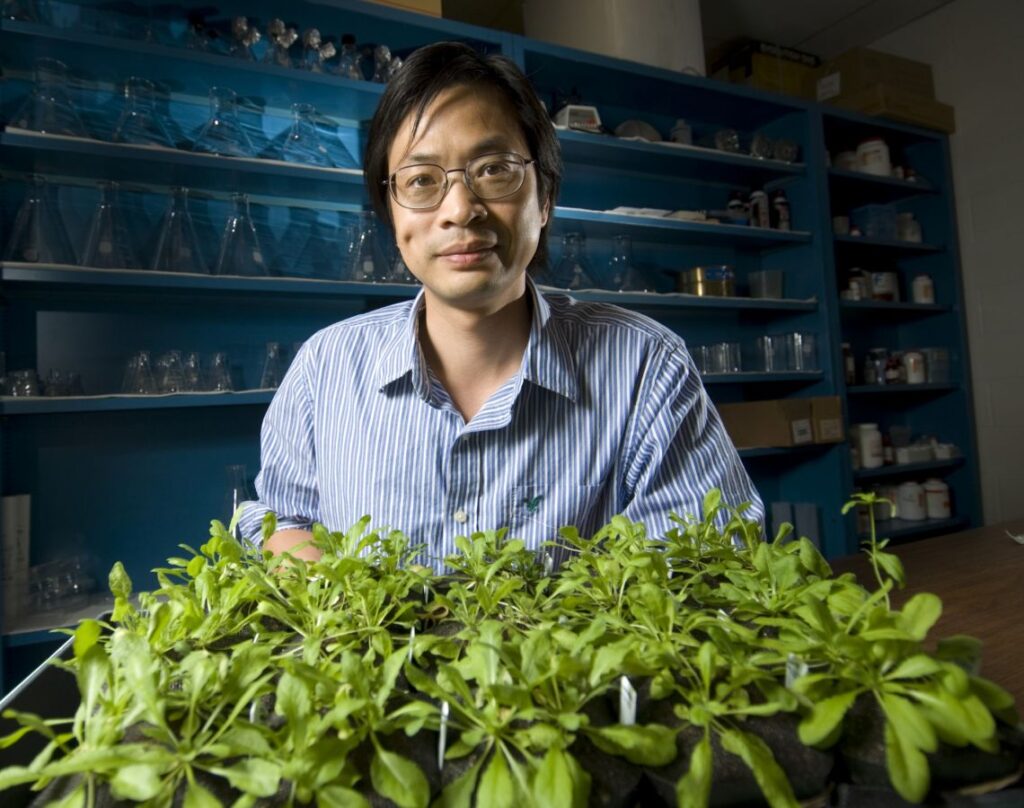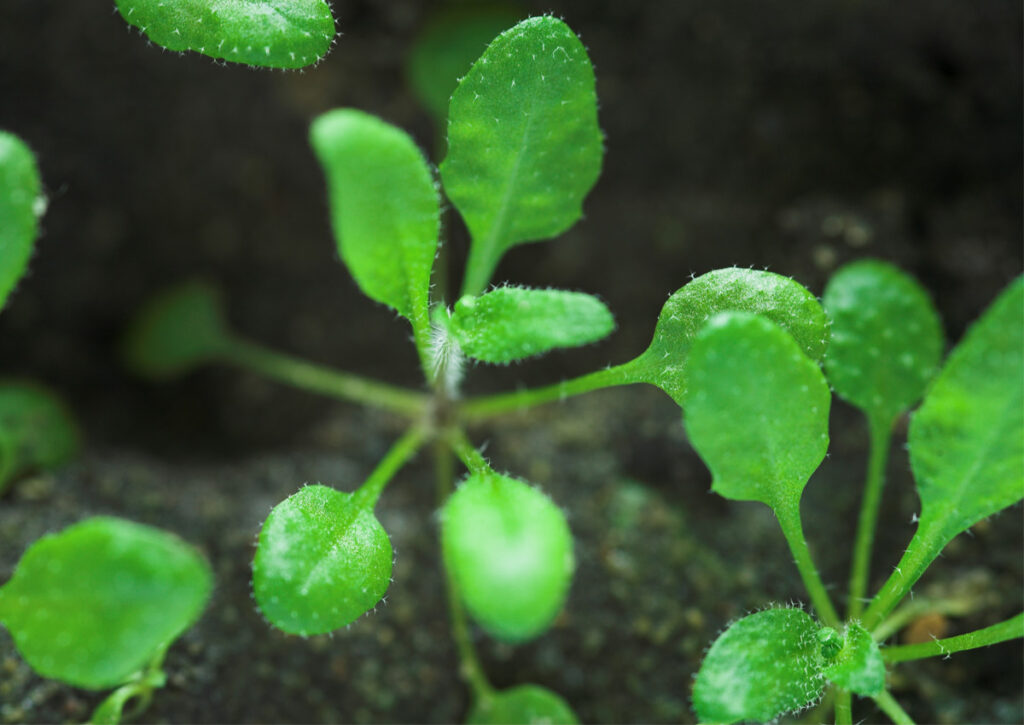Amid Global Warming, New Research Helps Boost Plant Immunity Against Heat
When the weather turns scorching, people and plants lose their energy and wither. The feeling is not pleasant for humans, so you can imagine how difficult the situation is for many plants that cannot tolerate the heat.
Excessive heat can cause plants to weaken, and some eventually die. People depend on many plants for food. But high temperatures can prevent many plants from thriving, as their defenses do not work well with heat. When plants are weak, they become vulnerable to insects, pests, and pathogens.
Increasing plant immunity against heat
Duke University researchers published their research findings last June in the Nature journal. They said that they identified a particular protein in plant cells that define the reason why the immunity of some plants decreases when the temperature rises. Moreover, the scientists discovered a way to reverse the loss of immunity and bolster the plants’ defenses against higher temperatures.
The findings
The researchers discovered their findings in the white flowers of the lab rat of plant research, the “Arabidopsis thaliana.” The small and spindly flowering plant, native to Africa and Eurasia and considered a weed, is likewise called mouse-ear cress or thale cress. Arabidopsis thaliana was the first genome-sequenced plant. Biologists and other researchers use the plant to understand several different plants’ molecular biology, including light sensing and flower development.
The scientists said that if crops exhibit the same results they achieved from their tests on Arabidopsis thaliana, it could only mean good things for the food security situation in the world affected drastically by global warming.
For decades, many scientists have already known that when temperatures are above-normal, the condition inhibits the plant’s ability to produce salicylic acid, their defense hormone that activates the plant’s immune system. Salicylic acid prevents invaders from causing too much damage to the plant. But, previously, scientists did not know much about the molecular basis of the degradation of the plant’s immunity.
As early as the mid-2010s, the current Duke University research team members have already discovered that even a brief heat wave drastically affects the hormone defenses of the lab test plants, making them susceptible to Pseudomonas syringae infection.
Under normal conditions, the salicylic acid level in the plant leaves goes up about seven times when pathogens attack so the plant can stop the spread of bacteria. But they observed that when the temperature rises to more than 86 degrees for only two days, the plants could not produce enough defense hormone to keep infection at bay.
Their observations showed that the plants get more infections when the temperature is warm because of the plant’s lower level of basal immunity. Therefore, the researchers wondered how plants feel the heat and if it is possible for scientists to make the plants resilient to higher temperatures.

Various tests
While the researchers from Duke University, led by biologist Sheng-Yang He, Ph.D., were conducting their research, another team discovered that phytochromes, the molecules in plant cells, act as internal thermometers to help plants sense the warmer temperatures during spring. These particular molecules signal the plant to grow and bear flowers.
With the findings, Dr. He’s team thought that maybe the heat-sensing molecules also cause the immune system to go down when the weather gets hot. It might be the key to bringing back the plants to life. Thus, they conducted tests using normal and mutant plants, infected them with the Pseudomonas syringae bacteria, and grew them in under 73- and 82-degree temperatures. However, both types of plants failed.
Several years of research and experiments
The study’s co-authors, Jonghum Kim and Danve Castroverde, spent more than a decade performing experiments to find what causes the plants to get sick. Then, using another strategy, and with the help of bacteria-infected Arabidopsis plants, they identified the specific gene—CBP60g.
The CBP60g is like the master switch, controlling other genes. Therefore, when something turns it off, the effect snowballs to the other genes, preventing them from producing the proteins that make salicylic acid. Additional experiments showed that the cellular process needed to read the CBP60g instructions does not assemble correctly when the temperature rises.
Dr. He’s team demonstrated that the mutant Arabidopsis plants with active CBP60g gene maintained their defense hormone levels, keeping the bacteria away from the plant even at high temperatures.
Their next experiment was to engineer heat-resilient plants that can switch the CBP60g gene only when the plant is under attack. They ensure that the process will not stunt the plants’ growth. This condition is critical, as it will significantly affect the crops.
The scientists already tested their research findings on rice, rapeseed, and tomato, and the results were positive.
The research findings bring good news to food producers. According to the authorities, the expected population growth by 2050 will be ten billion, which means that food supplies should increase by 60 percent.
The research is a collaboration between the team of Dr. He at Duke University and the researchers at the Tao Chen Huazong Agricultural University in China, the University of California in Berkeley, and Yale University. Based on their work, the research team already filed a patent application.
